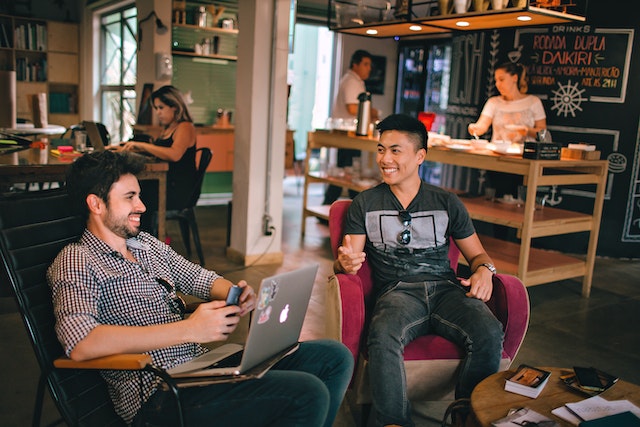Since the pandemic, the use of coworking spaces has increased as more companies want to give their employees flexibility around how they work. In the US in 2022, more than 1m people worked in co-working spaces, compared to just 331,000 in 2015, and more than one third of people now work at a site outside of their home or work space at least once a week.
This can create some specific cybersecurity challenges:
1. Internet and data security
In most coworking spaces users will login to a shared WiFi network, but this will be shared with complete strangers. It wouldn’t take much for someone with the right tech skills (and bad intentions) to rent a place for the short term and hack into the shared WiFi network.
To prevent this, coworking spaces should consider: allocating unique credentials and passwords to each user, employing two-factor authentication, or even introducing individual private Wi-Fi networks. They should also stop users from setting up their own access points to prevent it interfering with the WiFi connection.
2. Social engineering attacks
Given coworking spaces bring together all sorts of people who are often unknown to each other, coworkers should be careful not to give away confidential corporate or personal information. This would enable potential cybercriminals using these spaces to gain access to that person’s laptop or files.
To prevent this, both coworking spaces and companies should educate people who use these spaces on how to protect themselves against social engineering attacks.
3.Increased chances of warshipping
Many coworking spaces enable freelancers and SMEs to register their businesses at that address. That means mail for many different people will be arriving at the premises every single day. This can increase the chances of warshipping attacks.
To avoid this, coworking spaces should set up processes to monitor the traffic to and from the building, including post, and increase the use of security cameras in high-risk areas.
To prevent targeted attacks via any of these methods, it’s crucial that companies whose staff use coworking spaces are educated about the risks, and do not publicly share details of where they are working, for example on social media.
